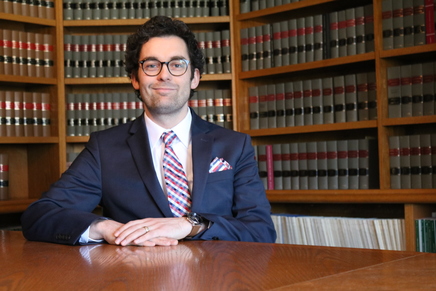What Do I Do If I Have Been Arrested?
Interacting with police officers can be an unsettling experience for the bravest of us. A lot of the time, the only interaction we have with the police is when they are pulling us over to hand us a ticket for speeding. However, sometimes that interaction gets even more unnerving and escalates into an arrest—what do you do then?
If the police have detained you and you suspect they are going to arrest you, you should first ask mildly and politely whether you are under arrest. In essence, you do not want the police to perceive hostility in you, which inadvertently provokes police hostility toward you.
If the police arrest you, you are entitled to certain constitutional rights that must be regarded by the police. Firstly, you have the right to be informed promptly about why you are being arrested. Usually, the police will tell you why. But if they don’t, you can ask them. Remember to keep things polite and as non-confrontational as possible, as you don’t want to become so agitated that the tension increases, a confrontation ensues, and you get charge with obstruction as well.
The second right you have upon arrest is the right to legal counsel. You have the right to talk to a lawyer. Not only do you have this right, but you have the right to be informed of this right. That means that the police are supposed to tell you that you have the right to counsel and then ask if you want to speak to a lawyer. If they try to get you to answer questions without a lawyer present, you should insist that you be given a chance to talk to a lawyer.
You also have the right to remain silent. If the police ask to question you, you do not have to answer their questions. In fact, I generally instruct my clients not to say a word to the police because they may give an answer that makes defending them very difficult—what you say can be used against you in court. I know that your initial instinct will be to protect your honour or to tell the police to take a hike (to put it mildly), but just zip it, or you may regret it later. Just politely say: “I am not giving a statement and will not be answering any questions”. One of the exceptions to this rule is when you are in a car accident. If you are in an accident and refuse to give an account to the police, you can be charged with an offence. You are required by law to give a statement.
If the police have arrested you, contact Gurevitch Burnham Law Office immediately and seek the legal advice of our skilled lawyers.

